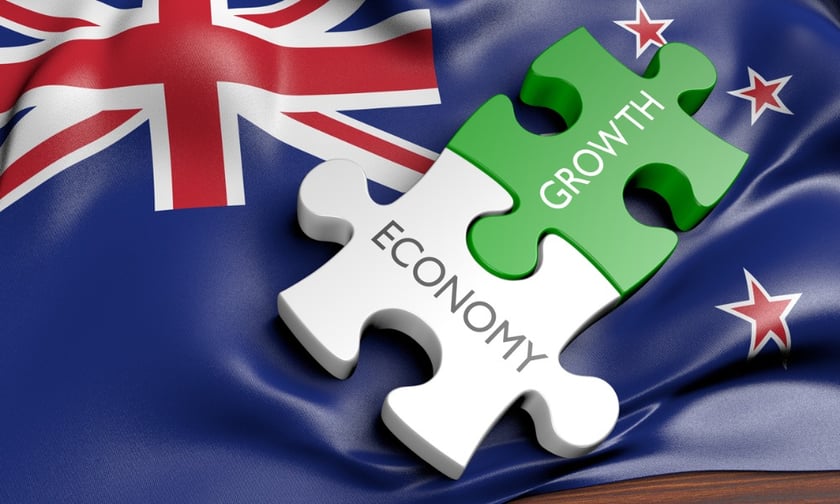

Australia’s post-pandemic recovery has demonstrated strength, but recent developments signal a weakening growth trend due to tighter macroeconomic policies and financial conditions, according to the International Monetary Fund (IMF).
The executive board of the IMF has recently concluded its Article IV consultation with Australia, where it also found that persistent inflation, a narrowing positive output gap, and rising living costs are influencing economic dynamics.
“The economy remains resilient in the near term but confronts a sustained slowdown in productivity
growth,” the report said. “Risks to the growth outlook are balanced, with upside risks stemming from robust immigration. Financial stability risks remain contained despite pockets of vulnerability and higher risks related to global financial conditions.”
In the near term, IMF said economic activity is projected to decelerate further, with growth expected to slow to approximately 1.8% year-on-year in 2023 and 1.4% year-on-year in 2024. Challenges in private consumption, driven by higher interest rates impacting households with mortgages, may contribute to this slowdown.
Under staff's baseline projections, inflation is expected to gradually decline and return to the Reserve Bank‘s target range in 2026. Despite an easing in external price pressures, IMF said inflation remained elevated due to demand-driven non-tradeable prices. The positive output gap and tight labour markets continued to exert pressure. Strong net migration inflows may alleviate labour market tightness but add to demand, particularly in the rental market.
“Australia is not immune to the headwinds slowing global economic growth and the outlook,” said Robert Nicholl, executive director for Australia.
“Domestic economic growth is expected to continue to slow in the near-term as the combination of cost-of-living pressures and higher interest rates continue to dampen demand. And like other advanced economies, Australia also faces longer term challenges associated with an ageing population, weak productivity growth, and managing the climate transition.”
The IMF executive directors commended Australia’s macroeconomic policies but acknowledged the challenges ahead. They recommended continued monetary and fiscal policy coordination to address inflation and proposed reforms to enhance productivity growth and the green transition.
The directors also welcomed progress on fiscal consolidation and advocated for a tighter fiscal stance to support disinflation. Comprehensive tax reform, emphasising a shift from direct to indirect taxes, was recommended to enhance efficiency while addressing regressive impacts.
When it came to battling inflation, the directors suggested potential further monetary tightening to achieve the targeted range by 2025, as well as a data-dependent approach. Measures to bolster financial stability were acknowledged, with a call for continued strengthening of macroprudential decision-making and crisis management frameworks.
Concerns about house price increases led the directors to recommend additional borrower-based prudential tools. They supported initiatives to boost housing supply for affordability and stressed the importance of planning and land-use policies.
Commendation was given for measures addressing skill shortages, and further reforms were encouraged to reignite productivity growth and foster inclusion.
The directors acknowledged Australia’s efforts in meeting climate mitigation targets but highlighted challenges in achieving the 2030 target. They encouraged additional efforts to reach the net-zero emission target by 2050, highlighting the role of the Safeguards Mechanism and sectoral decarbonization plans.
Get the hottest and freshest mortgage news delivered right into your inbox. Subscribe now to our FREE daily newsletter.
